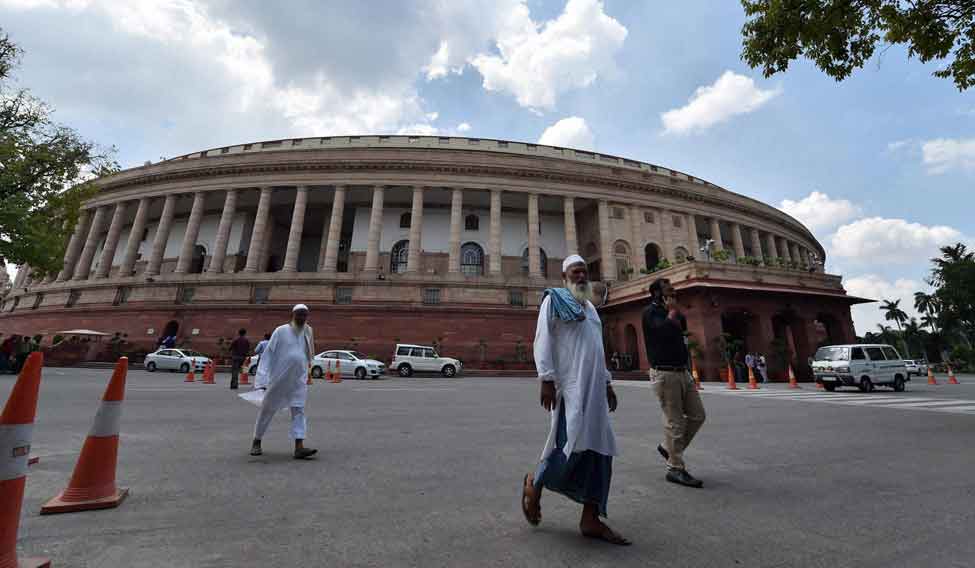Can the Centre heed to the demand for according special category status to one of the states, ignoring the same demand from others? Many members of Parliament pondered over this issue when they witnessed protests by fellow members from Andhra Pradesh.
Finance ministry has been saying no to any more demand for granting special category to states as it will open a Pandora's box. “The era of special category status to a state is over,”said the Finance Minister Arun Jaitley when Bihar Chief Minister Nitish Kumar made the demand a major poll issue in October 2005.
Reminding the government of the promise made by the Manmohan Singh government when Andhra Pradesh was bifurcated to carve out Telangana on June 2, 2014, MPs from the residual Andhra Pradesh argued, “We have been denied what was promised.”
Here is what special status means to a state:
Special category status is all a matter of higher resource allocation to the state by the Union government. These states get preferential treatment in Central assistance and can avail tax breaks. They get excise duty concessions that prompt industries to invest in the state. Thirty per cent of the Central government’s gross budgetary support is shared only by special-category states. For all Centrally-sponsored schemes, special category states get 90% of plan assistance as grant and 10% as loan whereas in the case of other states only 30 per cent is given as grant and the rest 70 per cent as loan.
Formed on the basis of Gadgil formula
The concept of special category states originated with three states being granted the status in 1969 by the Fifth Finance Commission based on the Gadgil formula.
Undivided Assam and Nagaland and Jammu &Kashmir were included based on the criteria that these states have 1) hilly and difficult terrain; 2) low population density; 3) strategic location along the borders of the country; 4) economic and infrastructure backwardness and 5) non-viable nature for state finances.
Eight more states - Arunachal Pradesh, Manipur, Tripura, Mizoram, Meghalaya, Himachal Pradesh, Sikkim and Uttarkhand – were later added to make it 11. The special category status was approved by the Centre after the state had fulfilled all these criteria.
More states demand
States that have raised the demand for inclusion in the list are Bihar, Odisha, Jharkhand, Goa and Andhra Pradesh.
Why states demand special category?
The special category status entitles these states to many financial benefits otherwise not provided. States are clamouring to get the status as Central aid goes up to 90 per cent in addition to tax benefits.
Who grants the status?
The National Development Council (NDC), the apex decision making body consisting of all Central cabinet ministers, chief ministers and members of the Niti Aayog, grants special category status to a state.
Why the Centre says no
Special Category Status is bestowed on the condition that all the five Gadgil criteria are satisfied. This implies that a state cannot be granted special category status on the basis of backwardness alone.
The Centre is not in favour of granting the status to Bihar as it is neither a hill state nor a less dense state. Bihar has improved economically due to good governance and better law and order situation. Under the Nitish government, the situation in Bihar has progressed to the extent that it has become a model for many other states. Granting Bihar would encourage more states to demand the same special treatment making the category itself meaningless.
Special Status and Special Category Status
'Special Status' and 'Special Category Status’ are often misunderstood. While Special Status guarantees legislative and political privileges to a state, Special Category Status offers only financial rewards and tax breaks. As in the case of Jammu and Kashmir, special status is constitutionally granted by an Act of Parliament with two-thirds majority in both houses.




